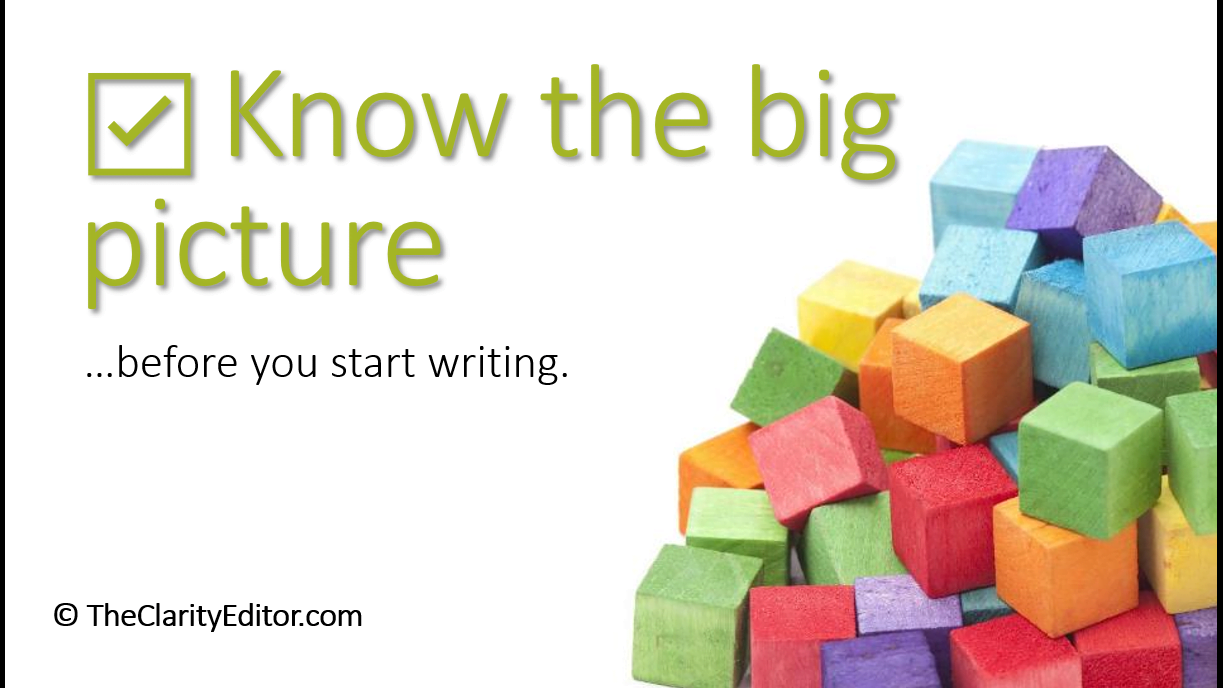What’s wrong with “native speaker”? Plus ESL, ELL, EFL…alphabet soup!
In reality, a “native English speaker” means people who are from a Western English-speaking country. The term is used to exclude anyone who doesn’t fit into that group, no matter …










